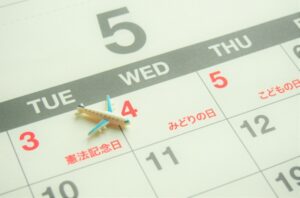The conjugations of Na- adjectives are summarized in the table.
Example :
kireina(beautiful)
きれいな
benrina(usuful)
べんりな
The na-adjective is very simple to learn because it acts essentially like a noun. All the conjugation rules for both nouns and na-adjectives are the same.
If you have any questions, ask them for free! ➡ Japanese Question Form
KEY:
An adjective can directly modify a noun that immediately follows it. All adjectives fall under two categories: na-adjectives and i-adjectives.
形容詞は、その直後に続く名詞を直接変更できます。 すべての形容詞は、na形容詞とi形容詞の2つのカテゴリに分類されます。

Japanese is a language of empathy
日本語は共感の言語
When I ask learners about their impressions of Japan, I usually get answers like “Japan is beautiful, convenient, and clean” or “Japanese people are kind and gentle.

Ideal for foreign immigrants! The Attraction of the City of Sasebo
Many people may think of Sasebo when they think of gourmet food such as “Sasebo burgers” and “lemon steaks,” but

How to marry a Japanese woman
Japanese women are very popular overseas. Many men may be captivated by their calm and gentle atmosphere and beautiful black

Popular Soccer and Baseball Teams in Japan
Baseball and soccer are two of the most popular of the various professional sports played in Japan. When you visit

When is Midori no hi: Greenery Day?
Did you know that there is a day called “Midori no hi: Greenery Day”? When asked, “What day is Greenery






